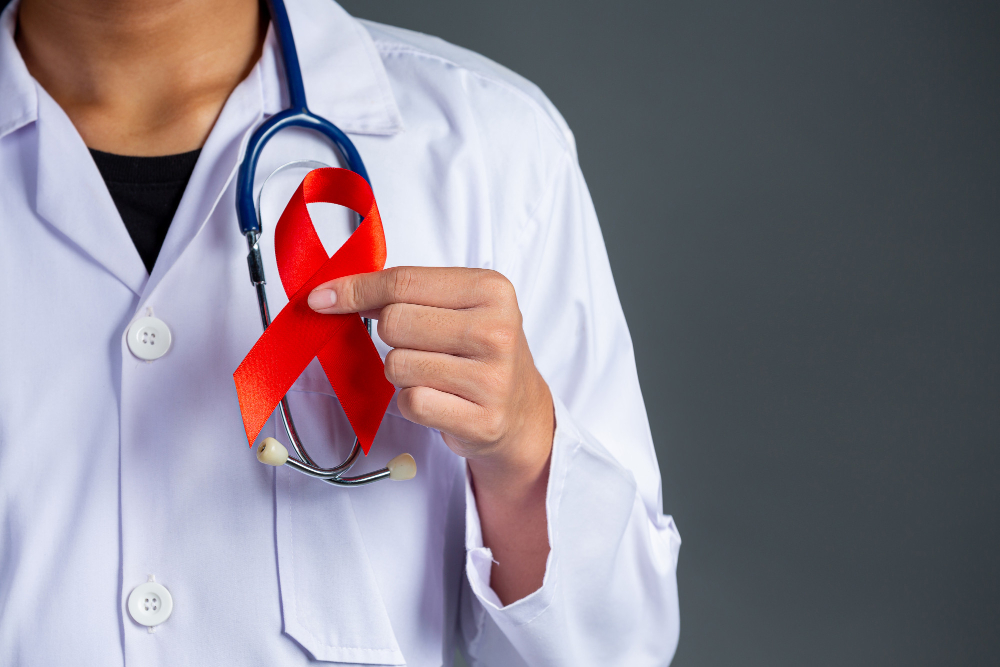Kidney Cancer

Kidney cancer, also known as renal cancer, originates in the kidneys, two bean-shaped organs located on either side of the spine that filter waste from the blood to produce urine. The most common type of kidney cancer is renal cell carcinoma (RCC), accounting for about 90% of cases. Other types include transitional cell carcinoma and Wilms tumor, the latter of which primarily affects children.
Risk factors for kidney cancer include smoking, obesity, high blood pressure, chronic kidney disease, certain genetic conditions (such as von Hippel-Lindau disease), family history of kidney cancer, and exposure to certain chemicals like asbestos and cadmium. Men and older adults are at higher risk.
Kidney cancer often does not cause symptoms in its early stages, which makes early detection challenging. When symptoms do appear, they can include blood in the urine (hematuria), persistent pain in the side or lower back, a lump or mass in the kidney area, unexplained weight loss, fever, and fatigue. These symptoms can also be caused by other conditions, so it is important to consult a healthcare professional for an accurate diagnosis.
Diagnosis of kidney cancer typically involves imaging tests such as ultrasound, CT scans, and MRI, as well as blood tests and sometimes a biopsy to confirm the type and stage of the cancer. Early detection improves the chances of successful treatment.
Treatment options for kidney cancer depend on the stage and type of cancer, as well as the patient’s overall health. They may include surgery (such as partial or radical nephrectomy to remove part or all of the kidney), ablation therapies (which destroy the tumor using heat or cold), targeted therapy, immunotherapy, and, in some cases, radiation therapy or chemotherapy. Advances in minimally invasive surgical techniques, such as laparoscopic and robotic-assisted surgery, have improved recovery times and outcomes for patients.
Ongoing research in kidney cancer focuses on understanding the molecular and genetic basis of the disease, which is leading to the development of new targeted therapies and immunotherapies. Preventive measures include maintaining a healthy lifestyle, avoiding smoking, controlling high blood pressure, and managing body weight.
Early diagnosis, personalized treatment plans, and advancements in medical research are critical in improving outcomes and survival rates for kidney cancer patients. Regular check-ups and awareness of risk factors can help in the early detection and effective management of the disease.


